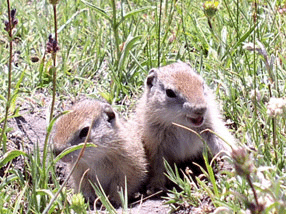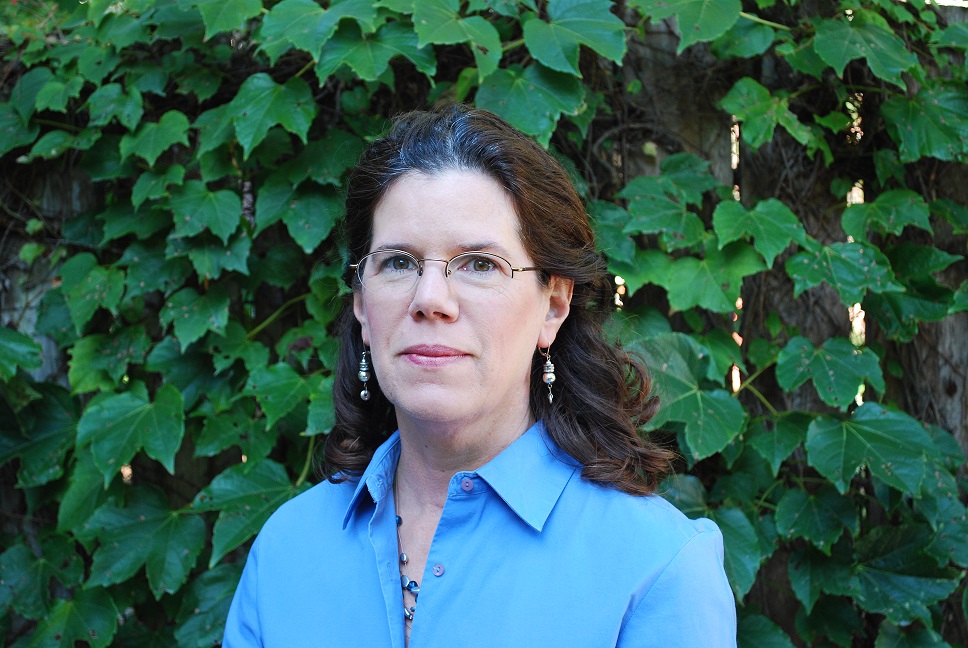

Home
Research Interests
CV & Publications
Teaching
Lab Members
Field Research
Research in the News
Prospective Students
Prospective Field Assistants
Links
My
research program focuses on the ontogeny and plasticity of adaptive behaviors.
Because adaptations are specific to the environments in which they were selected,
it follows that the development of these phenotypes is also linked to the
specific environments, whether social, environmental or maturational, that
organisms normally encounter. In my research I use both proximate and ultimate
levels of analysis to explain the series of behaviors that developing animals
exhibit.
I study the mechanisms of two adaptive behaviors: recognition of kin and anti-predator
strategies. Although the functional significance of these behaviors is clear,
how they develop in young animals remains largely unknown for most
species. By identifying the physiological and social factors influencing the
mechanisms and expression of these behaviors at each stage of development,
one can better explain the functions of the behaviors, which are likely to
change during ontogeny as an organism's needs and abilities change.

I study kin recognition in small mammals, such as young Belding's ground squirrels, as well as how stress (e.g. predators) influences learning of important survival behaviors by these animals. My research includes investigations of kin recognition in humans across development, and how this influences social preferences. My lab also studies how hormones and neuropeptides affect human cognition and social interactions.

Associate
Professor,
Department of Comparative Human Development
Committee on Evolutionary Biology
GAANN - Evolutionary Environmental Biology
Center for Health and the Social Sciences
Education and Society Minor in the Social Sciences
The College
305A Rosenwald
1126 East 59th Street jmateo(at)uchicago.edu
University
of Chicago 773-834-9848
Chicago,
IL 60637
